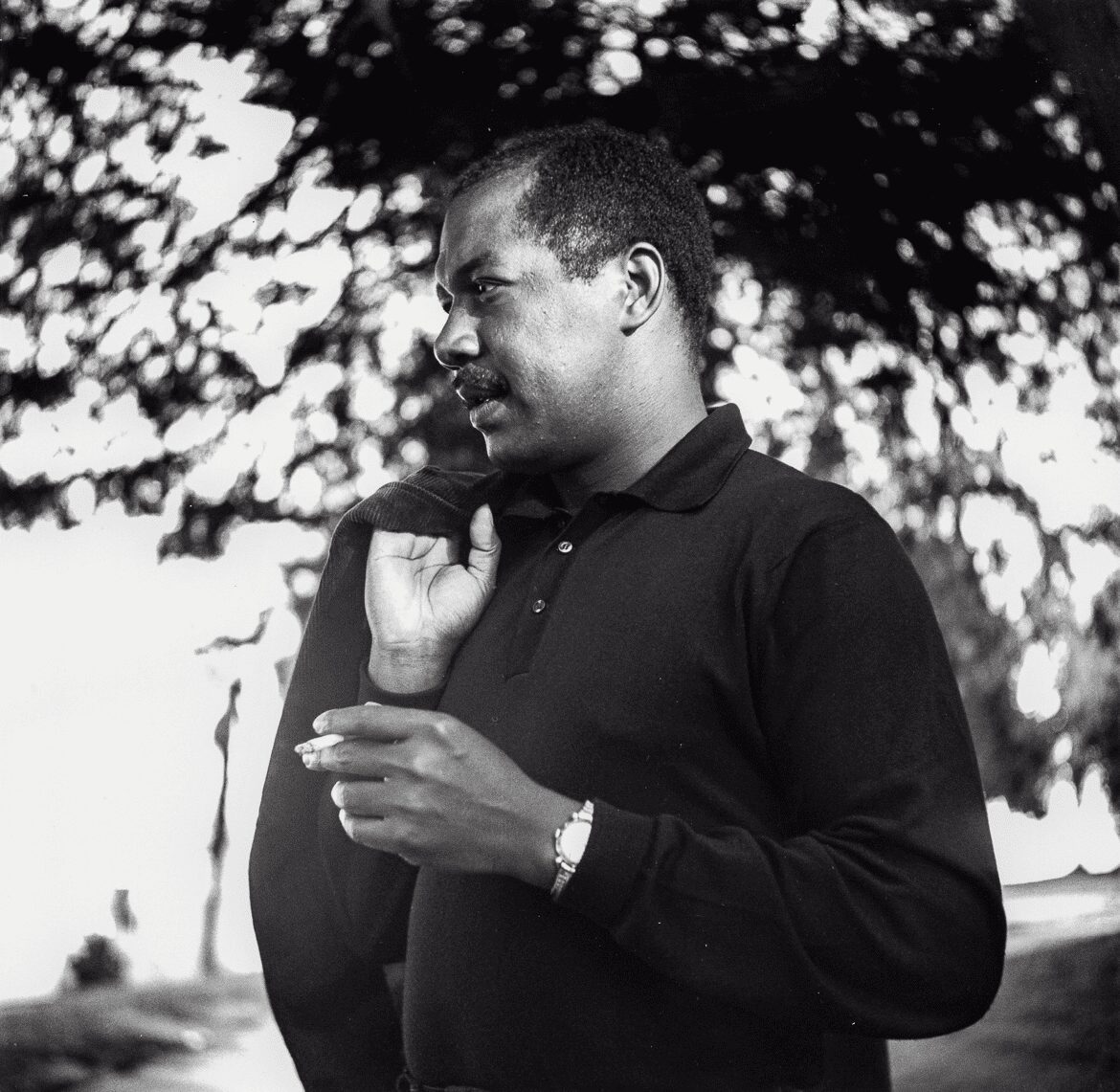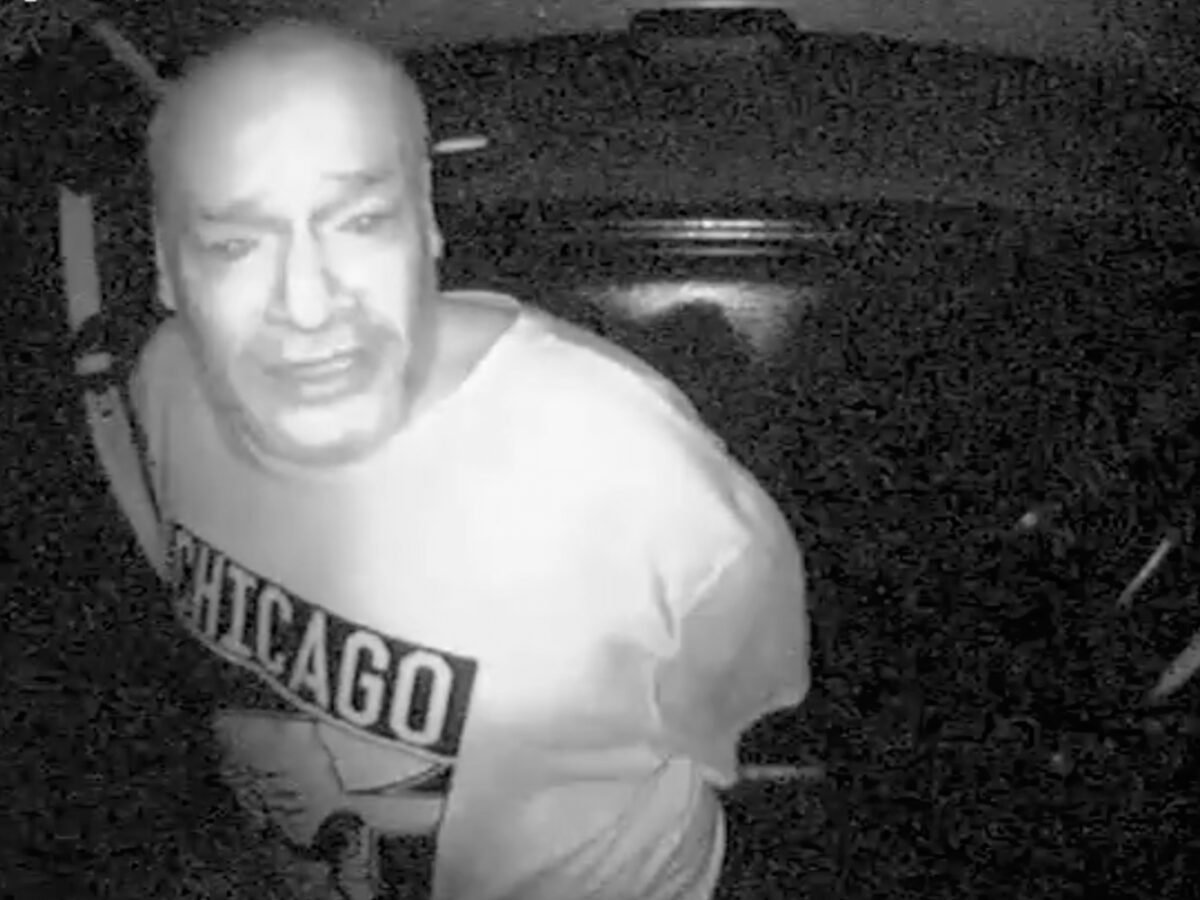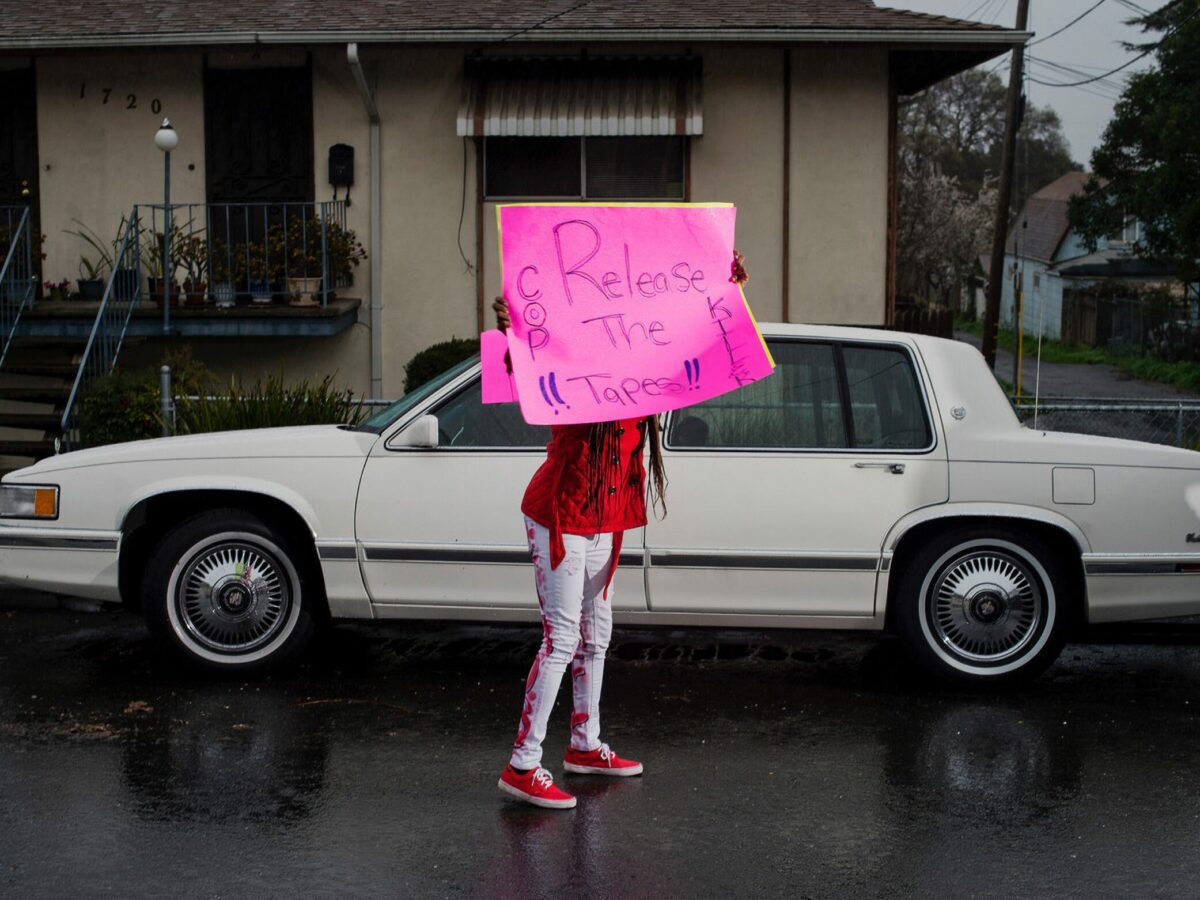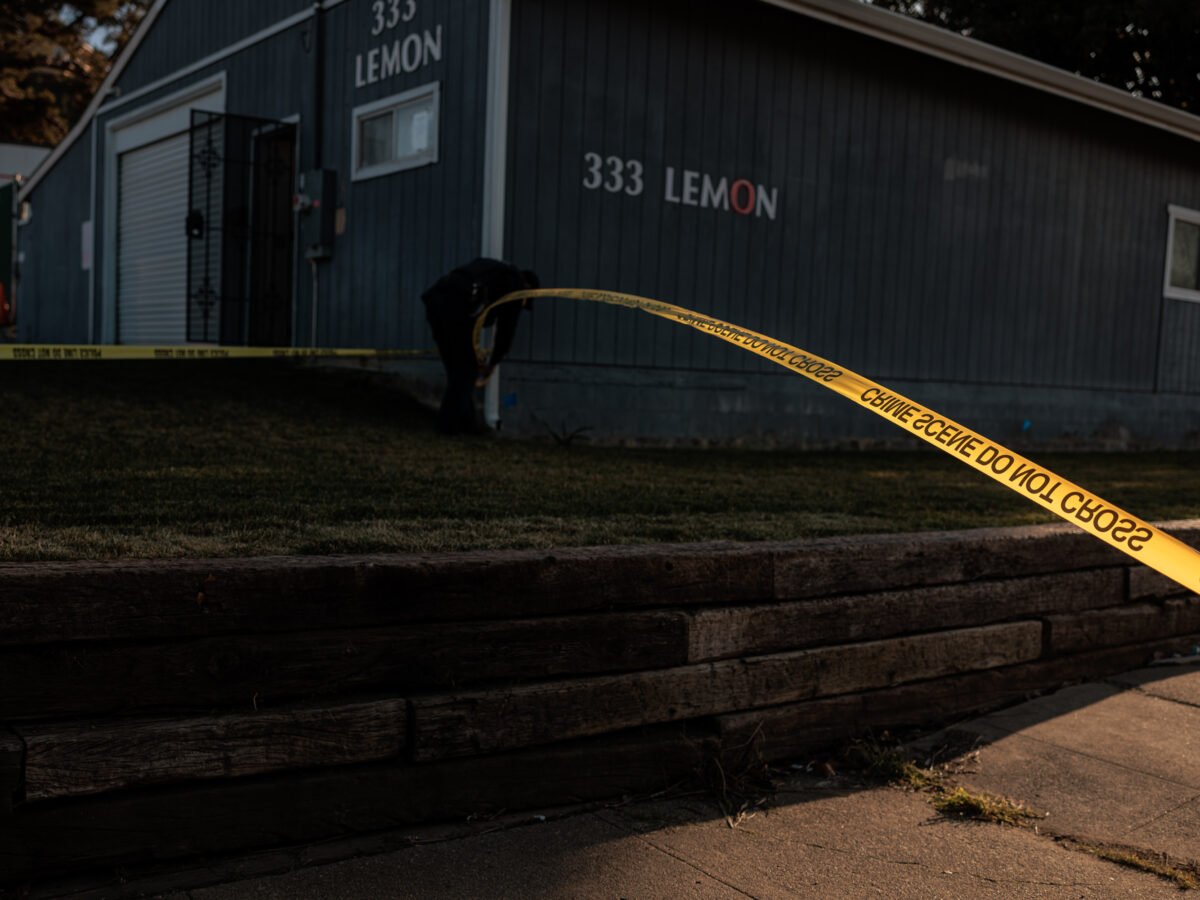
Cynthia Beeman / Ernest J. Gaines Center, University of Louisiana
Author Ernest J. Gaines in Vallejo.It was always the old folks and their busy ways. Always needing something. Always wanting something. Always looking for something from the young folks. They never would let the children rest or play on their own time. Old people were like that. Always in search mode. Very seldom would they just let the children “be.” No. Not a chance. “Just being” meant that you didn’t have enough to do or you looked as if you needed to be doing more than what you were doing at the moment. “Come write this,” they’d say, oftentimes with pencil and paper already in hand. “Come do this right here,” they’d order, pointing to a yard project begun but not yet finished. “Just come over here,” they’d insist, with the “here” stretched out in long, eloquent, Louisiana drawls. The orders were hardly ever directed at specific children playing in freshly-raked yards beneath Louisiana shade trees. More often than not, such mandates would be directed at a single child: Ernest Gaines, the go-to child in the “quarters” of the Point Coupee Plantation.
Gaines was the “chosen one,” the one whom the elders on the plantation called upon to do the letter-writing and sometimes the letter-reading from relatives near and far. They knew he was the gifted child who would “go far” in life and do great things and make everyone proud. They felt it in their bones as they sat on the gallery of their homes in the quarters and recapped the day’s events of labor and toil in the hot sun. They knew this because Ernest Gaines had shown them who he was as a young boy growing up on the plantation under the love and tutelage of an aunt, Augusteen, who never walked a day in her life, but taught him how to stand, be responsible and carry himself in the world. The elders knew he would go forth and “be something,” and whenever he decided to return on a visit, they knew he would come with stories of his time in faraway places that they could only imagine visiting, and that they would all gather, as they once had, on their porches, and listen intently, quiet as mice, to tales delivered by one of their own. They imagined that they would all beam with pride at the one who’d gone away to “better himself.”
So it came to be that when Ernest J. Gaines left the Point Coupee Plantation in 1948, at age 15, to join his mother and stepfather in Vallejo, California, he did so with a heavy heart. He would leave family and friends he loved dearly as well as a community of neighbors who looked out for each other and had each other’s backs. He left a region where no matter the strife families endured, brotherly and sisterly love always maintained a foothold on the road to recovery. Leaving meant that he would no longer work the sugar cane fields or swim and fish in the River Lake Plantation or do chores and run errands for the close-knit community of elders. He knew he would miss the tall tales told by the community griots, the delicious praline goodies made by the women, playing marbles with his friends and the sweet taste of sugar cane that he helped harvest.
Leaving the plantation posed great moments of self-reflection, though, not only for him but also for those he was forced to leave behind. In his heart, however, Gaines knew that leaving was a decision that could provide learning opportunities that were unavailable to him in the segregated South. Leaving meant that he would be able to advance beyond the segregated school system which prevented him from entering high school in the region. Leaving was a way of moving forward and perhaps one day giving back. The notion of “giving back” gave him solace in preparation for not only the physical journey, but the emotional and psychological journey as well. The generational lessons of the community, of the elders, and especially of his beloved aunt, Augusteen, were his travel companions as he embraced a new beginning in a place far away from the warmth, love and familiarity of family and friends.
While his mother and stepfather, a merchant marine who was often away on missions, urged him to find ways to occupy himself during idle days, his foray into amateur athletics did not merit a satisfying ending. As a result of being physically — as well as emotionally — defeated in a boxing match in a public arena, Gaines eventually found his way to the public library in Vallejo. He ventured inside and found, at last, a quiet space, a safe haven and a settled atmosphere where he would seek fictional and non-fictional works that reminded him of his experiences on the Louisiana plantation. He would comb the shelves in exploration of narrative voices that spoke to him and then take a seat at a table and devour books for hours in search of the familiar geographical voices of his former home. Entering the library was his first time in a public library, and the ability to do so was a memorable experience he would cherish forever.
His parents, pleased that he would no longer be at risk of untoward activities in an unfamiliar city, approved his daily treks to the library. The duality of safety and intellectual behavior therefore became a wholesome element in the household, and the Vallejo public library became Gaines’s second home. It also became the place that gave him limitless freedom and introduced him to an intellectual life of letters and arts, a place that showed him, in his quest to be a productive member of society, to be responsible and to “carry himself in the world.” The Vallejo library not only provided a cultural and intellectual space for Gaines to gain knowledge, rekindle tales of southern life and navigate the possibilities of a life of writing, it allowed him the opportunity to explore the beauty of words and how they have the power to shape, define and order our lives.
Gaines died November 5, 2019, at age 86, on the plantation of his birth in Point Coupee. In life as well as in the works he leaves behind, the author embodied his commitment to the power of the written word. Whenever asked for advice about narrative structure, character formation, or giving voice to the central figures in a work, his resounding answer was always the same: “Read, read, read.”
Op-eds are contributed by people from outside this news organization. They represent the views of the author.




